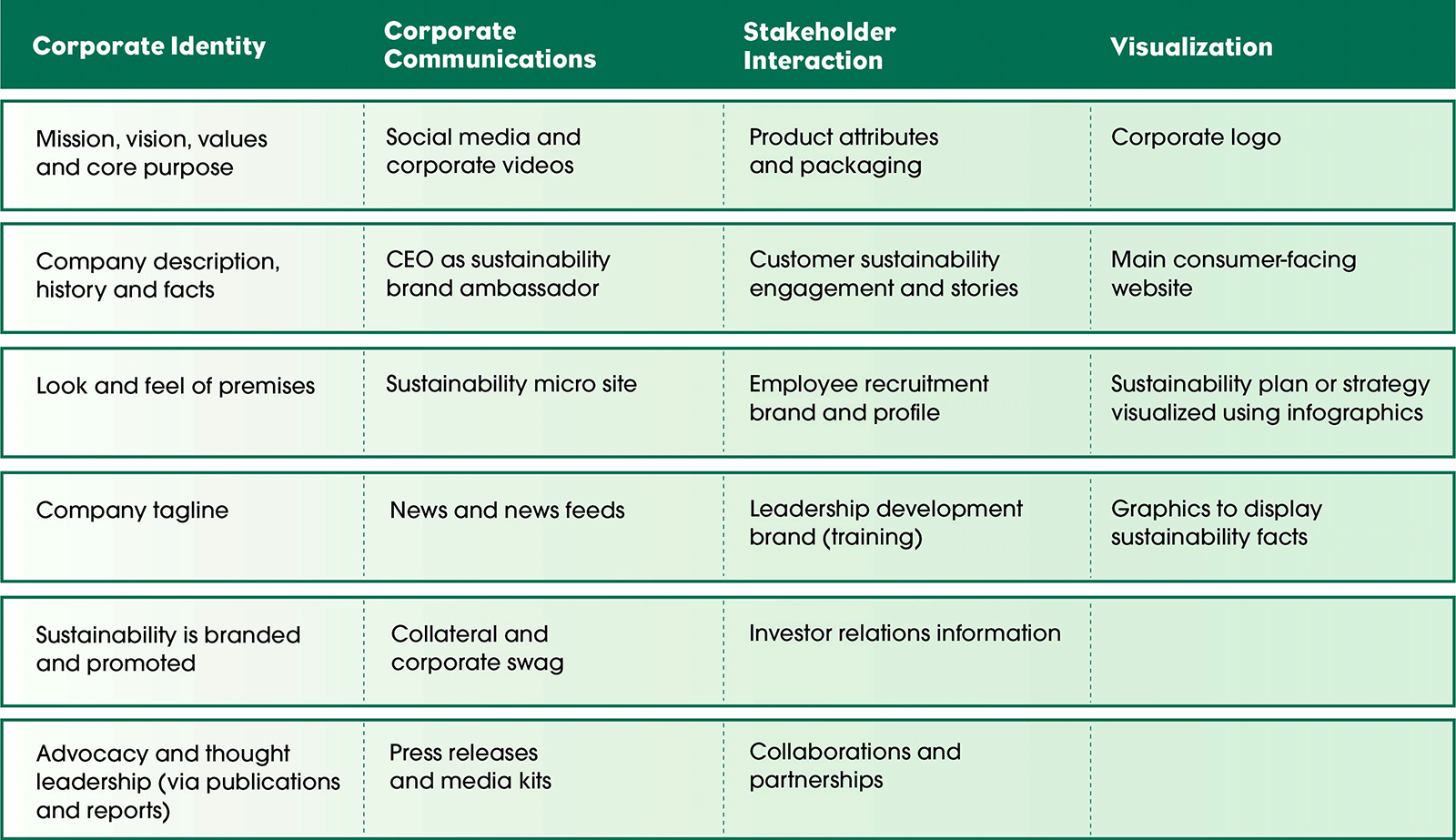I collaborated with Francisca Quinn, a leading sustainability consultant in Canada, in conducting this research and writing this article. We have been collaborating on sustainability research and strategy over the past 2 years.
Today the ethical consumer market hovers between 10 and 20 per cent. These numbers haven’t moved much since the term was first popularized 25 years ago. Yet market researchers such as Edelman and Ipsos Reid tell us that more than 80 per cent of Canadian consumers want companies to champion social causes, lead social change and stand for something. Companies that figure out how to tap into this latent demand for corporate social purpose stand to win big.
One company that continues to lead the way is Unilever.
This British–Dutch multinational consumer goods company epitomizes the qualities of a transformational and social purpose company. Top-rated by sustainability experts and marketers around the world, Unilever further enjoys the enviable status of being the third most admired employer on LinkedIn – the social network for professionals.
So, what is the company doing right?
Unilever builds social purpose into its brand strategy. With 400 brands – 14 of which are worth more than €1 billion – the company recognized the impact they could have as a force for social good. Embedded in each of their top brands such as Dove, Lipton’s and Lifebuoy, is a social purpose strategy intended to address solutions to the world’s social and environmental problems. And this is paying off in the markets, with financial analysts deeming Unilever a good long-term investment.
Our research shows that Unilever is beginning to incorporate transformational (4.0) qualities within their marketing strategies:

Our scan of Unilever’s “sustainability brand” reveals the company is pursuing a comprehensive approach to building social purpose into the universal company and its product brands, where everything they do tells he story of a company whose purpose is “to make sustainable living commonplace”.
Unilever is a front-runner in embedding sustainability into its core brand where it is included in these brand assets and investments:

Other consumer-facing companies are innovating their sustainability messaging. Please review our detailed research to learn more.
Sustainable Living Plan drives marketing and brand management
Unilever’s social purpose marketing journey began about ten years ago with the development of a brand imprint strategy. The company’s leadership realized that branding had to go beyond building customer loyalty and trust to become an aspirational force for social good. This thinking resulted in the 2010 launch of Unilever’s Sustainable Living Plan in which “making sustainable living commonplace” was built into the company’s core purpose, marketing and brand management strategy. Examples abound throughout Unilever’s brand portfolio:
- Lifebuoy soap has the potential to teach one billion people how to stop the spread of disease by washing their hands effectively;
- Flora and Becel, plant-based margarine products, encourage customers to be proactive about their heart health;
- Lipton’s betters the lives of farm workers while improving the land on which they cultivate the tea, through the purchase of more Rainforest Alliance-certified tea.
Unilever brands are tasked with changing consumer behaviour for the better and inspiring social good – while, at the same time, driving profitable business growth. The company is building its social leadership story into all stakeholder touch-points and aligning its social brand across all of its assets and relationships. In so doing, they’ve become a “story doing” rather than a “story telling” company, using direct action to complement paid advertising to communicate their brand message.
While most marketers agree purpose needs to be part of a successful brand building strategy, they are less certain how to get there. Unilever hasn’t let uncertainty hold them back. So, how can other companies leverage their brands to do good and help solve problems in society? That’s a provocative question for creative directors and marketing VPs.
Engaging stakeholders in this quest can deepen customer and brand loyalty and generate sales. Do your customers believe society is better off if they do business with your company? Does your brand allow them to tap into and express their social motivations? If not, it’s time for a marketing breakthrough. Read more about how Unilever and others are showing the way.
Francisca Quinn is the Managing Partner at Quinn & Partners, a Canadian sustainability strategy and integration advisory firm. Francisca is an experienced management and sustainability consultant who has worked with leading Canadian and international organizations on climate change and sustainability strategies since 2003. She has a track record of assisting large organizations to implement industry leadership initiatives, manage sustainability related risks and excel in sustainability disclosure – resulting in cost savings, media coverage, industry awards and improved rankings. For more information please visit www.quinnandpartners.com.


